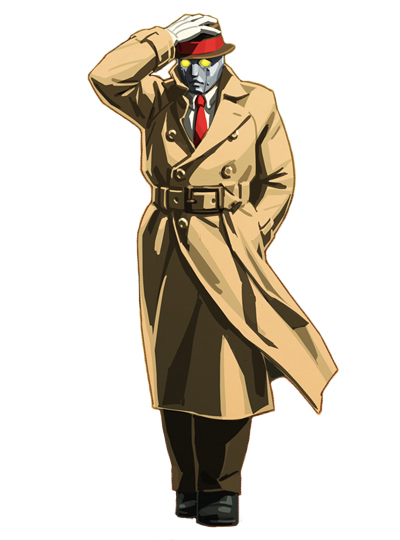Overview
Q is not a fighter in the traditional sense—he is a weapon of information, a ghost in the machine. Once an elite intelligence operative for the Global Security Division, he vanished after a mission went catastrophically wrong, leaving behind only encrypted fragments and silence. Now operating independently, Q emerges from the shadows to challenge the world’s most powerful fighters, not for glory, but to expose corruption, dismantle secret networks, and reclaim control over his own identity. His fighting style blends high-speed movement with digital warfare—hacking opponents’ systems mid-battle, deploying false signals, and vanishing into the network itself. He speaks rarely, communicates through code, and moves like a glitch in reality. To some, he is a savior. To others, a threat. But one thing is certain: when Q appears, nothing is as it seems.
